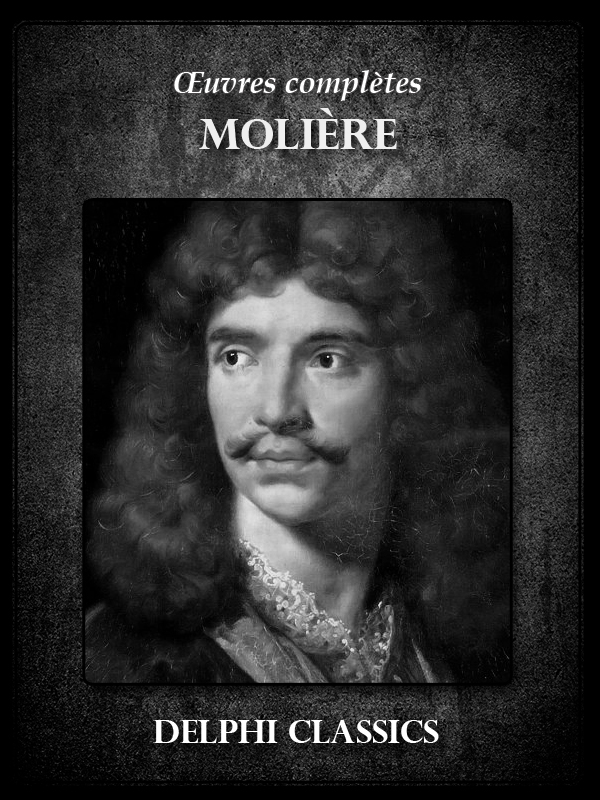Sunday, the March 1 2015
“Apathy at the individual level translates into insanity at the mass level.” -Douglas Hofstadter
Douglas Richard Hofstadter (born February 15, 1945) is an American professor of cognitive science. His research focuses on the sense of "I", consciousness, analogy-making, artistic creation, literary translation, and discovery in mathematics and physics. According to him,
‘...the mind is a very unusual piece of software, and the best way to understand how a piece of software works is to write it yourself...’.
The Quote traces the misbehaviour of the Crowd to the indifference of the Individual. Turning this upside down, let us look at what the concern and field-level action drive of an individual can do to the masses. Inflexible adherence to Truth, Non-Violence & Non- Cooperation by Mahatma Gandhi gathered support all over India among the educated and illiterate masses. The mantra, Satyagraha was that unusual piece of software; it wrote itself into our collective mind. The British Colonial rulers had to beat a hasty retreat.
-x-
Image credit: http://www.adrianbruce.com/computers/mindmap/mindmap.jpg
